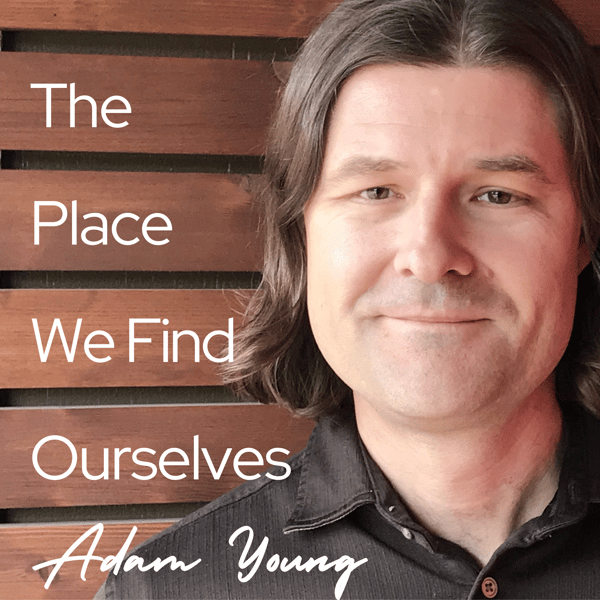105 Complicity: Why Sexual Abuse Is So Damaging and How To Address It
The Place We Find Ourselves
Adam Young
4.8 • 2.5K Ratings
🗓️ 31 January 2022
⏱️ 32 minutes
🧾️ Download transcript
Summary
Complicity often haunts people with a history of trauma more than anything else. The essence of complicity is the sense that I volitionally participated in my own abuse. In today’s episode, I outline four ways in which we may feel complicit in our abuse, and then talk about how to address the feeling of complicity by blessing arousal.
Transcript
Click on a timestamp to play from that location
| 0:00.0 | You are listening to the place we find ourselves podcast. I'm Adam Young and today we are tackling a very hard and very important topic when it comes to trauma and abuse. |
| 0:13.0 | We are going to look at the role of complicity in abuse and just so you know ahead of time. |
| 0:21.0 | At times during this episode I will be talking about incidents of sexual abuse. If that is not something that you can engage right now it might be best to listen at another time. |
| 0:34.0 | And another option is to begin to listen and if the content becomes too dysregulating for you to upsetting you can turn it off and come back to the episode another time. |
| 0:45.0 | Okay to begin with what do we mean when we talk about complicity what is it and why does it matter so much. |
| 0:55.0 | The dictionary definition of complicity is simply participation in a wrongful act. |
| 1:03.0 | Participation in a wrongful act when it comes to trauma and abuse the essence of complicity is the sense that I volitionally participated in my own abuse. |
| 1:18.0 | Complicity is the knowledge that I did something to participate in the abuse. It's the sense of I didn't resist it 100%. |
| 1:30.0 | A part of me received something during the abuse and joined in something during the abuse and participated in something horrific. |
| 1:43.0 | And right around the bend from that sentence is this accusation I wanted it. |
| 1:52.0 | If I'm honest with myself part of me wanted it that's the accusation that accompanies the feeling of complicity. |
| 2:01.0 | So complicity refers to the knowledge that you somehow participated in your own abuse. |
| 2:07.0 | Now let me get much more specific when you think back on your abuse you may feel complicit in one or all four of the following ways. |
| 2:19.0 | So four possible ways that you may feel a sense of complicity. |
| 2:24.0 | Number one, I was complicit in that I desired the kindness and attention of the person who abused me. |
| 2:36.0 | Number two, I was complicit in that I had some measure of choice when I went into the abusive situation. |
| 2:44.0 | I had some measure of choice and I chose to go. |
| 2:49.0 | Very often this involves the agonizing reality of getting something good in exchange for being abused. |
| 2:58.0 | In other words, I was willing to pay the price of abuse in order to get something good from the relationship with my abuser. That's category number two. |
| 3:08.0 | Number three, I was complicit in that at some point during the abuse I stopped resisting. |
| 3:19.0 | I stopped saying no, I stopped fighting. |
| 3:24.0 | And number four, I was complicit in that my body responded with some measure of a rousal during the abuse. |
... |
Please login to see the full transcript.
Disclaimer: The podcast and artwork embedded on this page are from Adam Young, and are the property of its owner and not affiliated with or endorsed by Tapesearch.
Generated transcripts are the property of Adam Young and are distributed freely under the Fair Use doctrine. Transcripts generated by Tapesearch are not guaranteed to be accurate.
Copyright © Tapesearch 2025.

